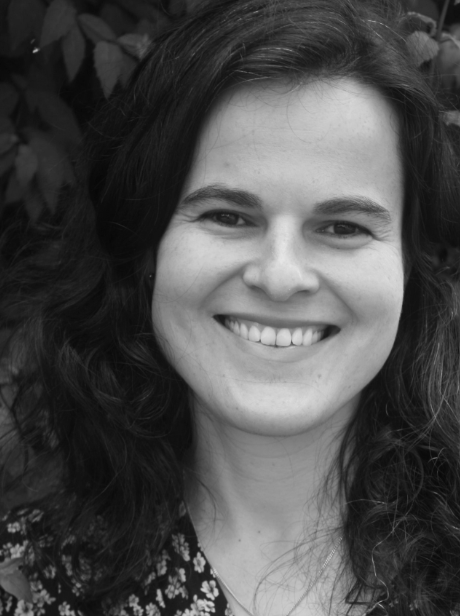My Top 10 Writing Tips By Elizabeth Brooks
 On the book tour for Elizabeth Brooks’ new book called ‘The Whispering House’, Elizabeth shares her top 10 tips for aspiring authors.
On the book tour for Elizabeth Brooks’ new book called ‘The Whispering House’, Elizabeth shares her top 10 tips for aspiring authors.
When it comes to writing novels, I’m not a great believer in rules. As soon as I think I’ve come up with a hard and fast Law of Writing, which must never, ever be broken, I’ll come across a brilliant author who breaks it: “Cut down on adjectives!†But Dickens uses adjectives like there’s no tomorrow. “Show don’t tell!†But where does that leave ‘Dulse’, by Alice Munro which opens with a deft resumé of the main character’s life so far? “Stick to one character’s point of view!†“Make it clear whose story you’re telling!†“Make sure your character has a good reason to do what he does!†But Chekhov violates all of those and more…
So I’m offering tips, not rules. They’ve helped me over the years, and I hope they’ll help you too.
Fill the page with something. Anything. Write the National Anthem backwards if nothing more useful occurs – at least you will have broken The Curse of the Blank Page. Now you’re free to splurge your novelistic thoughts.
Be precise. I used to think being a good writer meant constructing elaborate sentences out of unusual words. It’s not. It’s about being attentive to life, and finding the right words to describe your observations.
Let your characters do their thing. The best novels are messy, questioning, and open-ended. Tolstoy intended ‘Anna Karenina’ as a morality tale, warning against the evils of adultery, until he went and brought Anna alive with his words. The result? A poor morality tale, but a very great novel.
Think about viewpoint. I apologise if this is self-evident, but it came as a total revelation to me, several years ago. There I was, merrily hopping in and out of my characters’ heads, wondering why their story lacked coherence, when my agent said, “Have you thought about writing from just one person’s point of view?†… Eureka!
Don’t worry about being original. In fact, don’t give it a thought. Originality is just you, writing at your authentic best, about what interests you most deeply.
Show don’t tell.This one eluded me for years, because I didn’t know what it meant and was too embarrassed to ask. It just means that “Joe feels angry†is a weaker description than “Joe yells and throws her tea at the wall.†The first washes over me, the second pulls me in.
Keep an eye on the bigger picture. Crafting a good sentence, word by word, clause by clause, is a difficult thing to do. Structuring a whole novel – making scenes and characters that fit together, move along, maintain balance and resonate – is also difficult. Doing both at the same time is not impossible, although every now and it might make you clutch your head and emit a silent, Munchian scream into the void.
Write because you want to write and not because you want to be a Published Author. If you’re writing for the sheer love of it, you’ll end up with something good.
Be disciplined. Exercise your writing muscles regularly, even when it feels like a thankless slog. That Thomas Edison quote about genius being 1% inspiration, 99% perspiration, is true.
Read and read and read. The more you read, the better you’ll write. This might sound like a statement of the blindingly obvious, but I once met an author at a literary festival who claimed he was ‘not mad on reading’, and it scarred me for life. How can someone claim to be a writer and not a reader? How? It’s like saying ‘I’m not mad on food, but I’m keen to be a chef’.
I began this post in an easy-going frame of mind (“Hey, who needs rules?â€) but it didn’t last. I thought it might not. Sorry. Listing tips is such an enjoyably bossy thing to do.
Please feel free to take everything with a pinch of salt, except for number 10.
You can buy ‘The Whispering House’ from Amazon and is available to buy from good bookshops.
Leave a Reply